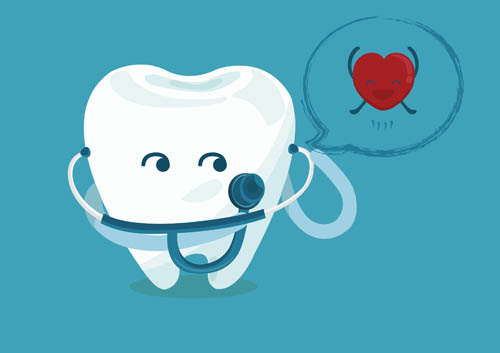Seven Foods that will Give You a Smashing Smile
September 20th, 2023

As the saying goes, you are what you eat. But did you know that what you eat also affects your smile? Chow down on these seven tasty treats, recommended by Dr. Robert Farber, Dr. Corey Farber, Dr. Harry Morris, Dr. Henry Bryan, and Dr. Mark Isler and our staff, for a healthier mouth and a smashing smile!
Sesame Seeds
These tiny seeds that you find in some Chinese and Thai dishes (as well as on top of your hamburger bun) are packed with bone-building calcium. They help to preserve and protect the bone that supports your teeth and gums. As a bonus, they also help to build up your tooth enamel while sloughing away plaque.
Kiwi
This funny little fruit has the highest amount of Vitamin C of any fruit, including oranges! What does this mean for your chompers? Well, you need Vitamin C to keep your gum tissue healthy and strong. Without it, they are more susceptible to periodontal disease.
Sweet Potatoes
These are not just for Thanksgiving and Christmas dinner! You should add sweet potatoes to your regular diet. These tasty spuds are rich in Vitamin A, which your body uses to form tooth enamel and heal gum tissue.
Onions
You know those strong vapors from onions that make you cry? Well, they come from the sulfur compounds in the vegetable, which gives them a superpower-packed antibacterial punch. Get ready, though: Onions are most effective for your smile when you eat them raw!
Cheese
If you love cheese, you will love this news! Munching on some cheese helps prevent gum disease and cavities. The reason is that cheese is very high in calcium and phosphate, which help to balance the pH levels in your mouth. This in turn helps to preserve your tooth enamel and kill harmful bacteria.
Green Tea
Sipping on some green tea can not only help prevent cavities and gum disease, it can also kill the bacteria that cause bad breath. Score! Green tea has catechins, which actually kill the bacteria that cause plaque. So drink up! Your smile depends on it!
Celery
Have some fun with that crunchy stuff because, guess what? It is great for your smile! When you chew celery you produce saliva. Your saliva neutralizes cavity-causing bacteria. As a little added bonus, while you are chewing, it is giving your gums a little massage and cleaning between your teeth.
So grab some of these healthy snacks and give your mouth something to smile about!




 Website Powered by Sesame 24-7™
Website Powered by Sesame 24-7™